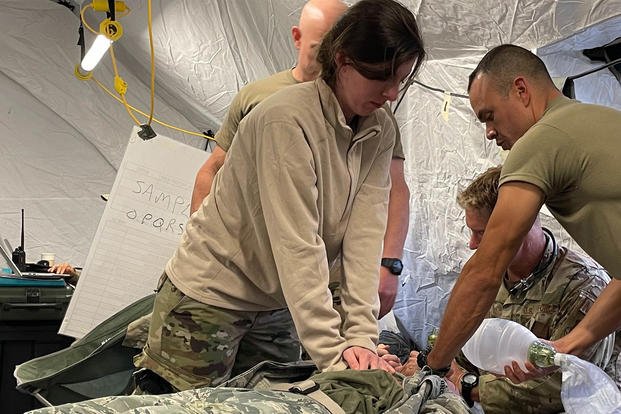The problem is that a single snapshot of one resting EKG really isn't going to rule in much.
There are a lot of issues with a single, resting EKG (even as a 'baseline'). It really cannot diagnose any valve issues (in which you need an EKG with an echocardiogram). If there is significant vascular disease cause hypoxia to cardiac muscle (via stenosis), it can see that, but in a resting EKG it has to be somewhat advanced. Normally you don't see significant changes until there is an activity, which is why one does an exercise stress test. Then the 12-lead turns into all sorts of excitement and drama.
Hypertension, pharmacology (legal, illicit, and OTC), some electrolyte issues, and some other diseases can alter an EKG. Of course a resting EKG can show prior cardiac damage, cardiomyopathy/hypertrophy, a handful of other things, but by and large it's just a snapshot, a single picture, of what is going on with the heart at that time in almost all healthy people.
If the military wanted to take it seriously, they would do an exercise stress test (which includes an echo), but now we're moving into huge big-$ territory, making it cost-prohibitive.
Of course, boot camp/basic does an exercise stress test on everyone: if you are doing PT and don't have chest pain, you don't have ischemia, so then you don't have a positive stress test. The only thing missing is an EKG and echo, which in 99.5% of asymptomatic people would reveal a negative test. But a resting EKG is cheap and easy and would be helpful for old farts like me down the line.
I would wager that most sudden deaths in the apparently healthy, young military-age population come from undiagnosed congenital issues or pharmacology-related issues.

 www.military.com
www.military.com


